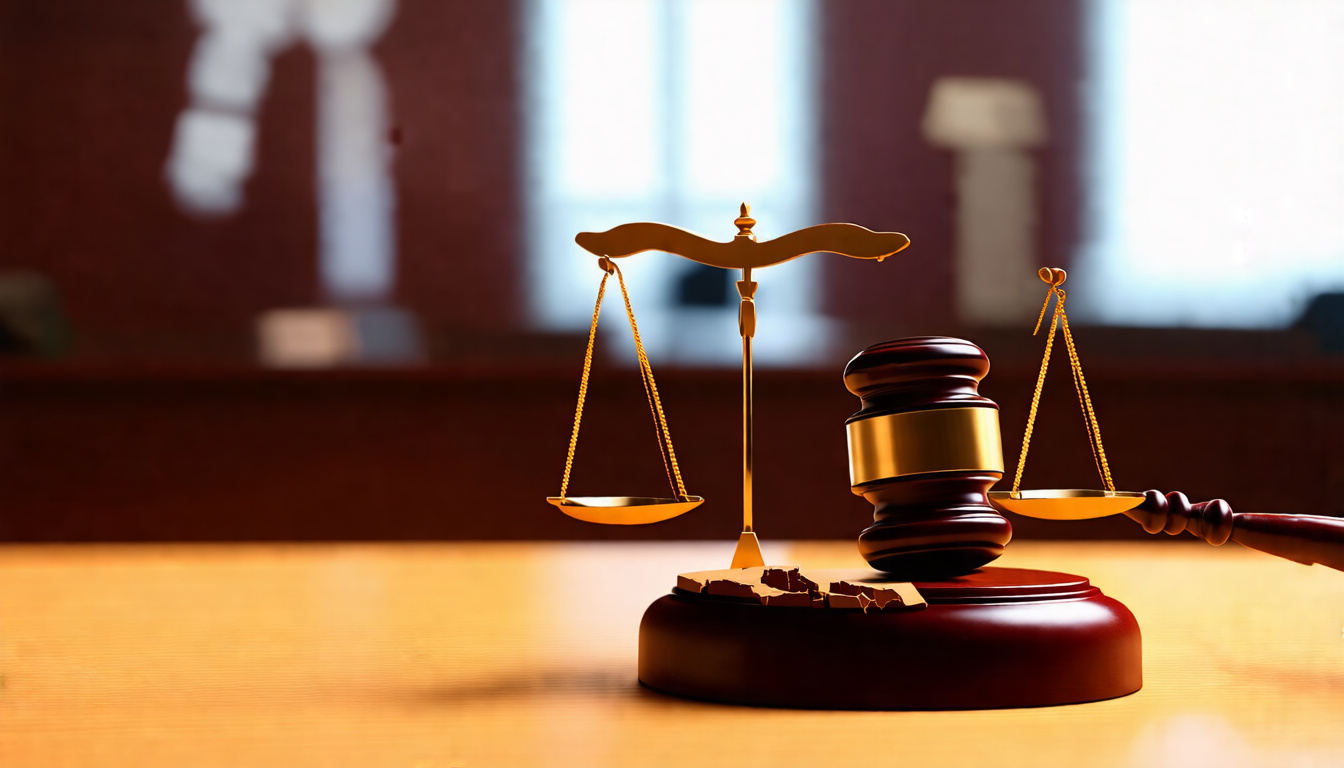Understanding gross negligence matters. It affects legal work, insurance claims, and workplace safety. Here, we connect ideas closely. Gross negligence means carelessness so deep that one ignores the clear need for safe actions. In this article, we explain gross negligence, share examples, and discuss possible legal results.
What Is Gross Negligence?
Gross negligence is a legal idea. It shows a clear failure to use proper care. Simple negligence may be a small mistake. Gross negligence is a deliberate ignoring of safe practices. This level of carelessness can cause harm that one sees coming. For example, one might leave heavy machinery unsecured in a public space. Or a surgeon might operate while intoxicated. Both choices show a reckless disregard for safety.
How Gross Negligence Differs From Ordinary Negligence
The difference between negligence and gross negligence is very important. Here is a simple look:
- Negligence: One fails to use normal care, which can lead to accidental harm.
- Gross Negligence: One shows extreme carelessness. The harm is clear and is ignored.
Gross negligence may lead to punitive damages in court. Ordinary negligence usually leads to only compensatory damages.
Common Examples of Gross Negligence
1. Medical Malpractice
A healthcare worker breaks clear rules. They might give the wrong medicine in a dangerous way. Any careful provider would avoid such errors. This act is gross negligence. It can cause injury or death.
2. Drunk Driving
Driving under the influence brings high risks. The driver ignores the danger to everyone. This reckless choice is called gross negligence. It often leads to serious accidents and legal troubles.
3. Unsafe Work Practices
An employer ignores safety rules. They do not fix dangerous equipment or heed workers’ complaints. Such choices show gross negligence if someone is hurt.
4. Childcare Negligence
A caregiver may leave a young child alone near danger. They might fail to supervise the child. This behavior ignores the child’s safety. It is seen as gross negligence.
5. Property Owner Liability
A property owner does not fix known hazards. For example, they might leave broken stairs or sharp drop-offs unrepaired. If someone gets hurt, this can be gross negligence.
Legal Consequences of Gross Negligence
When one proves gross negligence, the law can punish the offender in many ways. The offender may face civil and even criminal penalties. The punishment changes with each case. Often, the results include:
Civil Penalties
- Compensatory Damages: Money to pay for bills, lost pay, or property loss.
- Punitive Damages: Extra money to punish the offender and stop bad behavior.
Criminal Charges
In very bad cases, gross negligence causes death or severe harm. The offender may face charges like involuntary manslaughter or reckless endangerment.
Impact on Insurance Claims
Insurance companies may refuse to cover someone if gross negligence is shown. The offender then must pay for all damages.
Loss of Professional License
Professionals, such as doctors or lawyers, who ignore their duties may lose their licenses. This step protects the public.
How Courts Determine Gross Negligence
Courts look at several facts to see if behavior is gross negligence:
• The risk level: Was the danger high and clear?
• The mind state: Did the person ignore risks on purpose?
• The gap from normal care: How much did the action stray from what is reasonable?
Often, expert witnesses explain what counts as proper care.

Preventing Gross Negligence
To avoid gross negligence claims, people and businesses can act as follows:
- Follow all safety laws and rules.
- Check for risks often.
- Provide proper training and close supervision.
- Fix hazards as soon as they appear.
- Keep clear and accurate records.
By staying alert and following rules, many cases of gross negligence can be avoided.
FAQ Section About Gross Negligence
Q1: What is an example of gross negligence in the workplace?
One example is ignoring safety rules that protect workers. For instance, failing to fix dangerous machinery that then injures an employee is gross negligence.
Q2: How does gross negligence affect a legal case?
Gross negligence makes a case worse than simple negligence. It can lead to higher damages and extra penalties because the act was not a simple mistake but a clear disregard for safety.
Q3: Can gross negligence lead to criminal charges?
Yes. If someone dies or is severely hurt because of gross negligence, the offender may face criminal charges like involuntary manslaughter.
Trusted Legal Definitions and Source
For clear legal details, Cornell Law School explains gross negligence well. It shows the sharp difference between ordinary and gross negligence and why it matters in tort law (source).
Conclusion: Why Understanding Gross Negligence Matters
Knowing gross negligence is key to protecting yourself, your business, and your loved ones. Recognizing and correcting dangerous practices helps prevent harm and legal battles. If you think someone’s reckless disregard for safety has hurt you or another, talk to a legal expert now. Stay informed, enforce good safety habits, and get expert advice. Your care and quick action can make a real difference.
Author: Doyle Weaver, Attorney at Law
Home | Estate Planning | Personal Injury | Hill Country Lawyer | Terms of Service | Privacy Policy
© 2025 Digital Law Firm, P.C.
Disclaimer: The content provided in this blog is for educational and informational purposes only. It is not intended to constitute legal advice or establish an attorney-client relationship. The information presented does not address individual circumstances and should not be relied upon as a substitute for professional legal counsel. Always consult a qualified attorney for advice regarding your specific legal situation. The author and publisher are not liable for any actions taken based on the content of this blog.

Leave a Reply